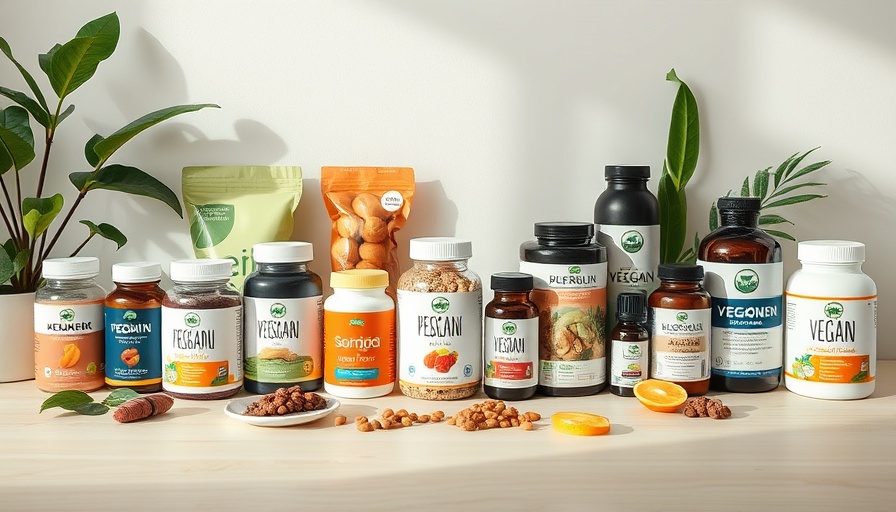
Why Egg Consumption Is Rising Despite Health Concerns
Demand for eggs has surged in recent years, with average consumption per person rising to 284 eggs predicted in 2024, according to Statista. While many enjoy the taste and the protein benefit of eggs, research highlights potential health risks, including increased chances of heart disease.
Exploring Protein Needs: Are We Covered?
In a world increasingly obsessed with protein, a common misconception has arisen: that more is always better. Research shows that most Americans meet or exceed their protein requirements, typically recommended at 0.8 grams per kilogram of body weight. For those aged 19-59, particularly men, dietary guidelines indicate high protein intake from animal products like meat, poultry, and eggs.
Plant-Based Protein: Varied and Abundant
Right off the bat, switching to whole foods can dine on a plethora of protein-rich options. Options such as tempeh and quinoa are not only delicious but also pack hit points well above eggs—offering rich, nutrient-dense choices. For example, a cup of cooked lentils offers 18 grams of protein, surpassing that of two eggs.
How Plant-Based Foods Stack Up Against Eggs
In our hunt for viable egg replacements, research indicates various whole foods stand out. Tofu, for instance, boasts approximately 19 grams of protein per cup, while chickpeas offer around 15 grams per cup. In solidifying this switch, it's essential to note nutritional flexibility; various food groups—from grains to legumes—provide sufficient protein.
Empowering Healthy Choices: Mitigating Chronic Disease Risks
Choosing plant-based protein can mitigate health risks associated with excessive egg intake. In addition to being more nutritionally rich, plant-based proteins have been shown to positively influence heart health. A diet supplemented with whole grains, beans, and legumes results in better health outcomes—a valuable takeaway for those passionate about sustainable diets.
The Future of Plant-Based Proteins
As plant-based diets grow in popularity, experts predict a continued rise in the variety and availability of protein-rich food options. With ongoing studies indicating health benefits associated with plant-based diets, consumers are finding enough motivation to broaden their culinary horizons. As holistic living gains traction, the switch from conventional to plant-based sources could redefine our approach to nutrition in the coming years.
Practical Tips to Transition to Plant-Based Protein Sources
Consider incorporating dishes with beans, lentils, or quinoa into your meals, or experimenting with plant-based meat alternatives. Start with swaps—replace eggs with tofu in scrambles, or use chickpeas as a protein source in salads. Remain curious about new recipes while bolstering your meals with nutrient-dense ingredients.
Final Thoughts: Reassessing Our Protein Priorities
The evidence is clear: the world increasingly leans towards plant-based diets for both health and environmental purposes. Engaging with these insights allows us to become conscious consumers, promoting a sustainable dietary lifestyle while ensuring we meet our protein needs efficiently. The journey into plant-based nutrition continues to reveal its various benefits, from enhancing public health to addressing sustainability concerns.
 Add Row
Add Row  Add
Add 




 Add Row
Add Row  Add
Add 

Write A Comment